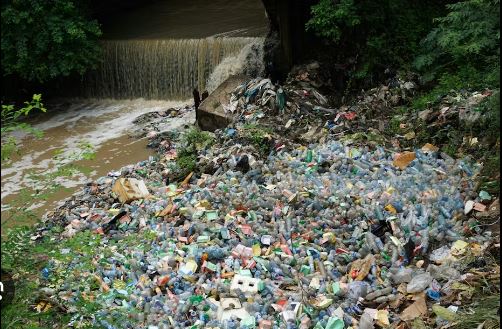Plastic pollution has become a major challenge, affecting both water bodies and human food consumption. Tiny plastic fragments, called microplastics, are finding their way into seafood, potentially harming human health.
Each year, millions of tons of plastic enter water bodies. This plastic gradually breaks down into smaller pieces, eventually becoming microplastics. In other words, they are formed through the degradation of larger plastic items. Microplastics are defined as plastics less than 5 millimeters in diameter.
Food security is the ability of consumers to access enough safe and nutritious food. It relies on four pillars: availability, access, utilization, and stability. Microplastic pollution disrupts all these aspects.
Microplastics enter the marine food chain when aquatic organisms ingest them while feeding on their natural prey. Research has shown the presence of microplastics in a variety of commercially important species, including mussels, oysters, and fish.
Microplastics can:
– Block digestive tracts, causing reduced feeding and growth in fish and shellfish. This can lead to a decline in their populations, threatening the availability of seafood, an essential protein source for many communities.
– Interfere with nutrient absorption in marine life, further affecting the nutritional value of seafood for human consumption.
– Absorb harmful pollutants like heavy metals and pesticides. When ingested by humans, these pollutants could cause severe health problems.
Preventing plastic pollution is crucial for ensuring the health of marine ecosystems and, consequently, human health. This involves implementing stricter regulations on plastic use and promoting responsible waste management. Protecting aquatic ecosystems from plastic pollution will help enhance food security in Nigeria and around the world.

